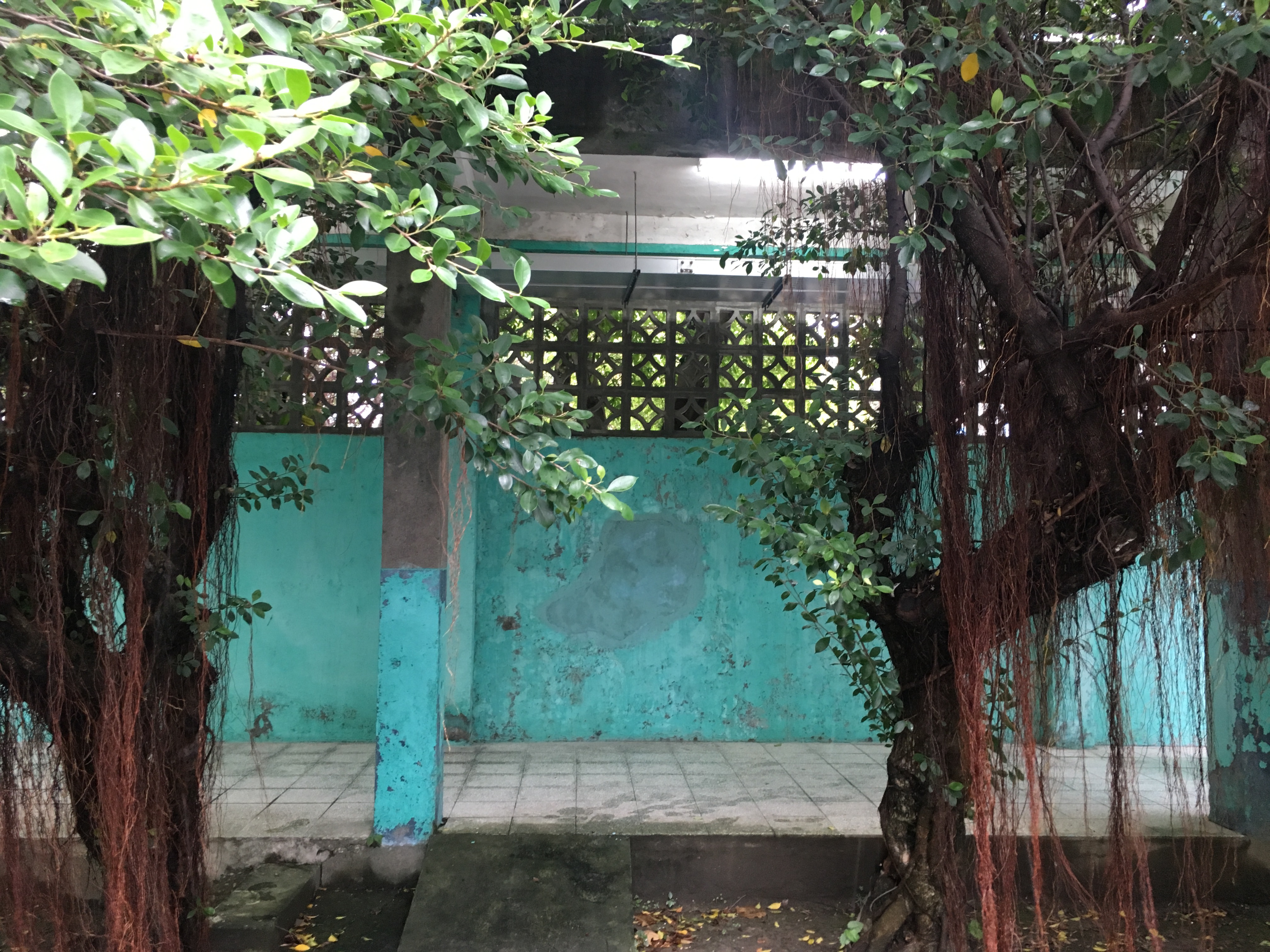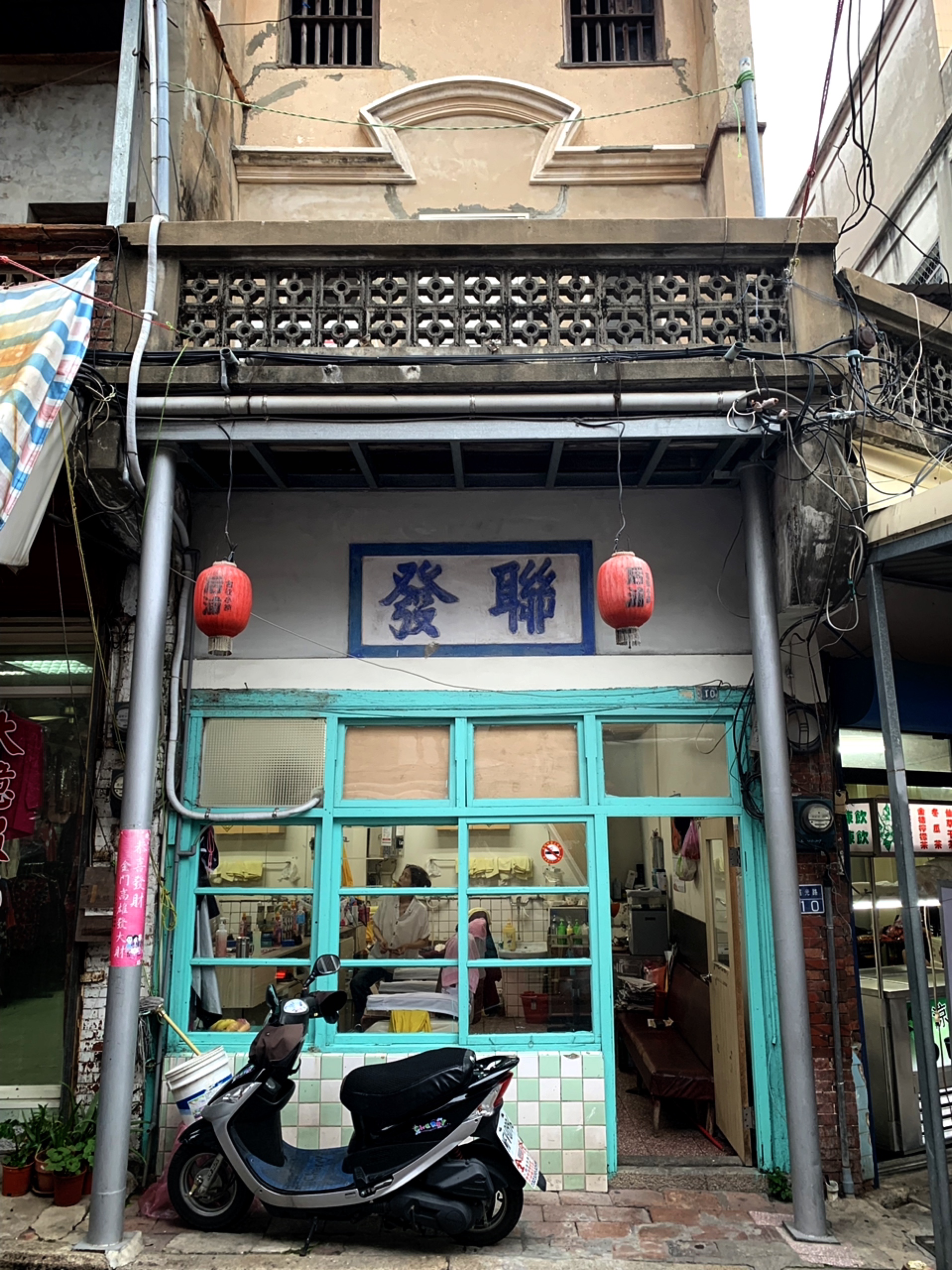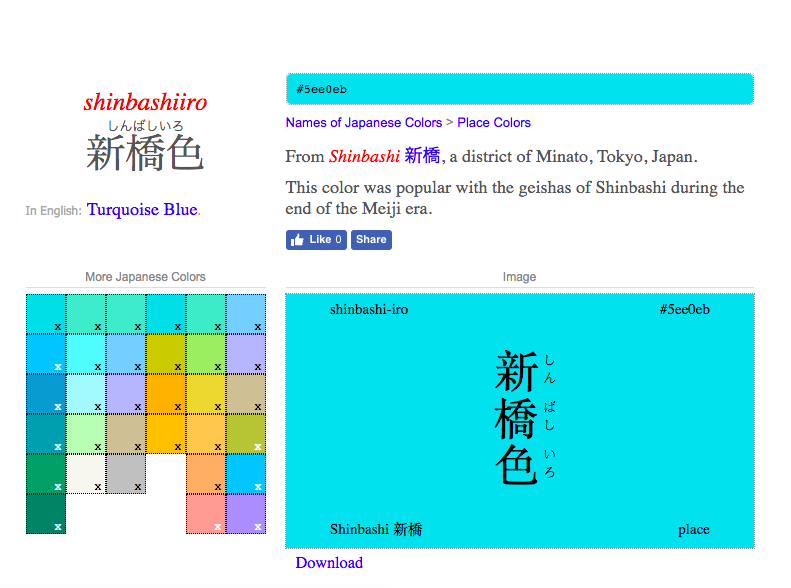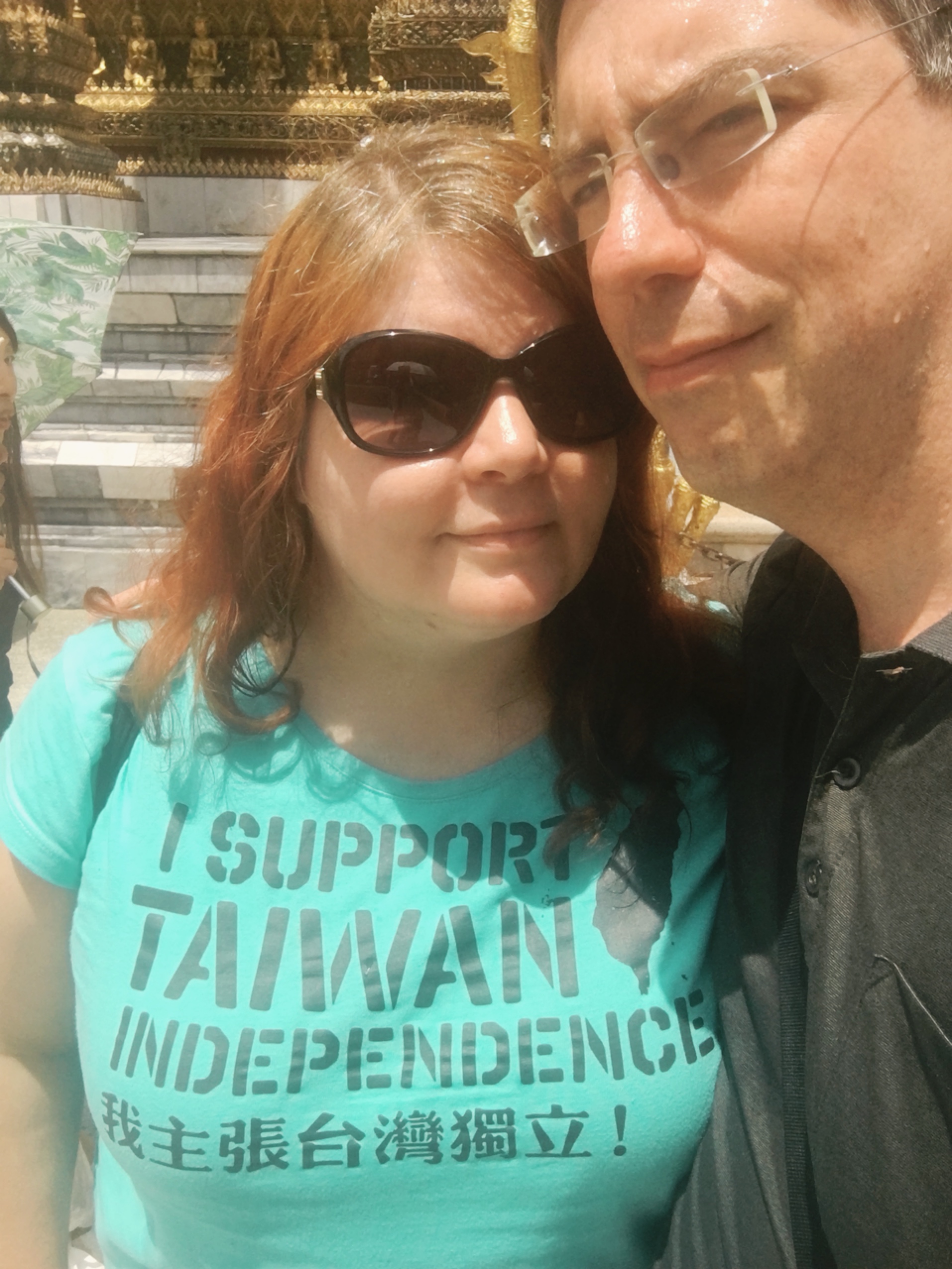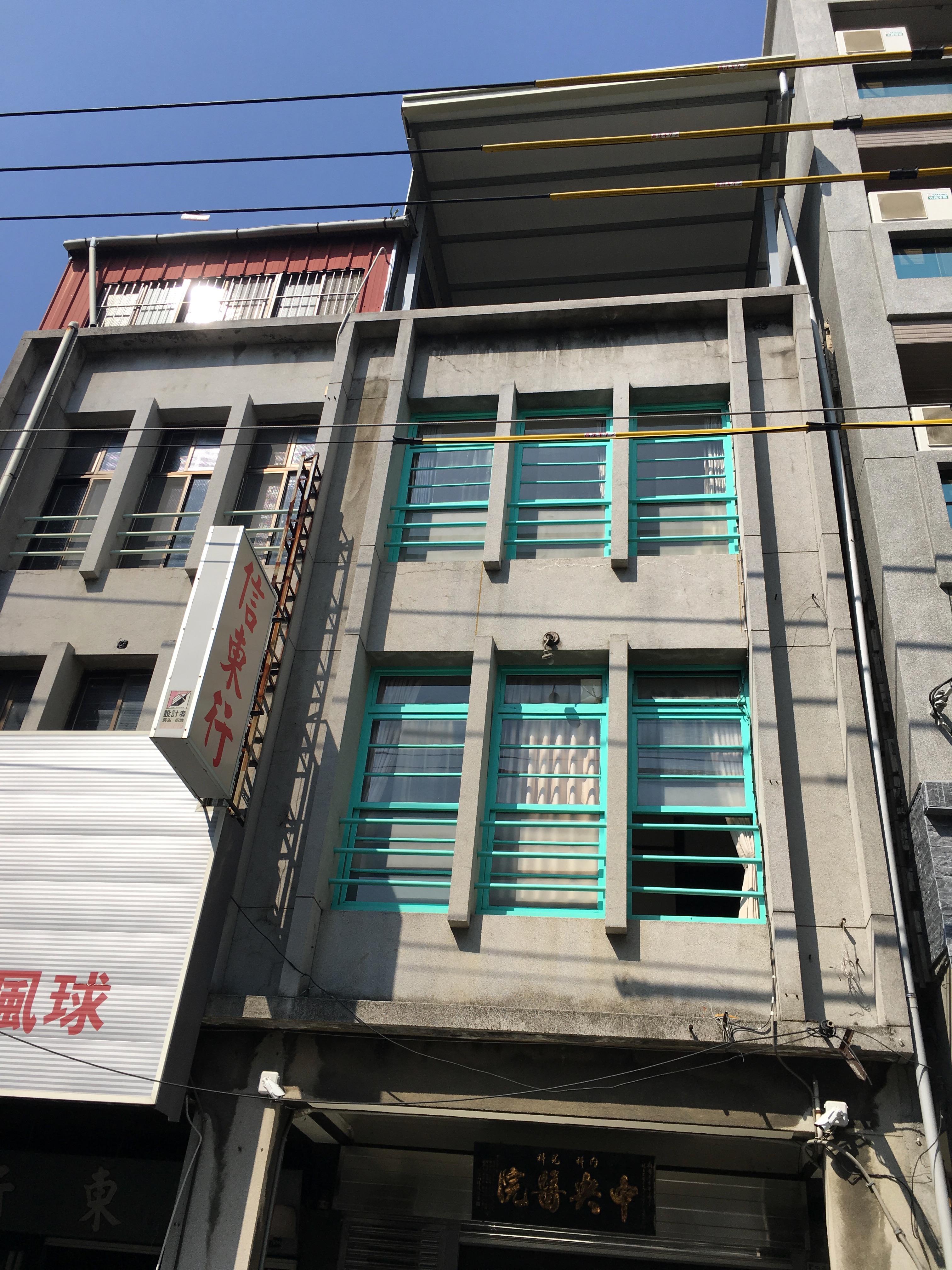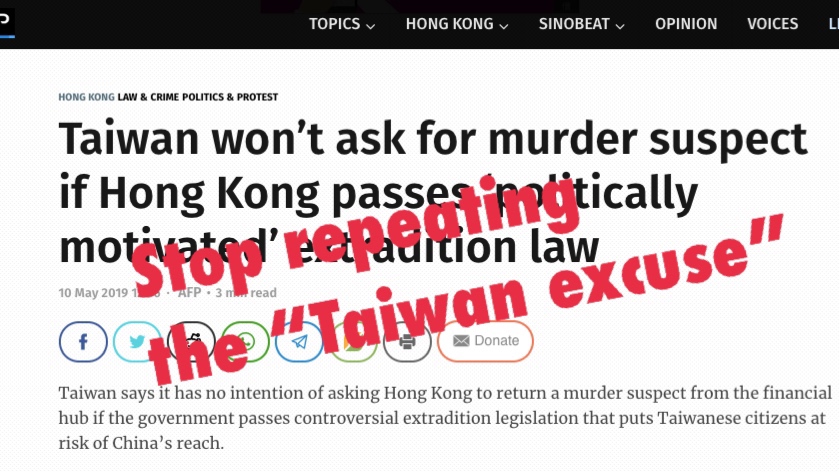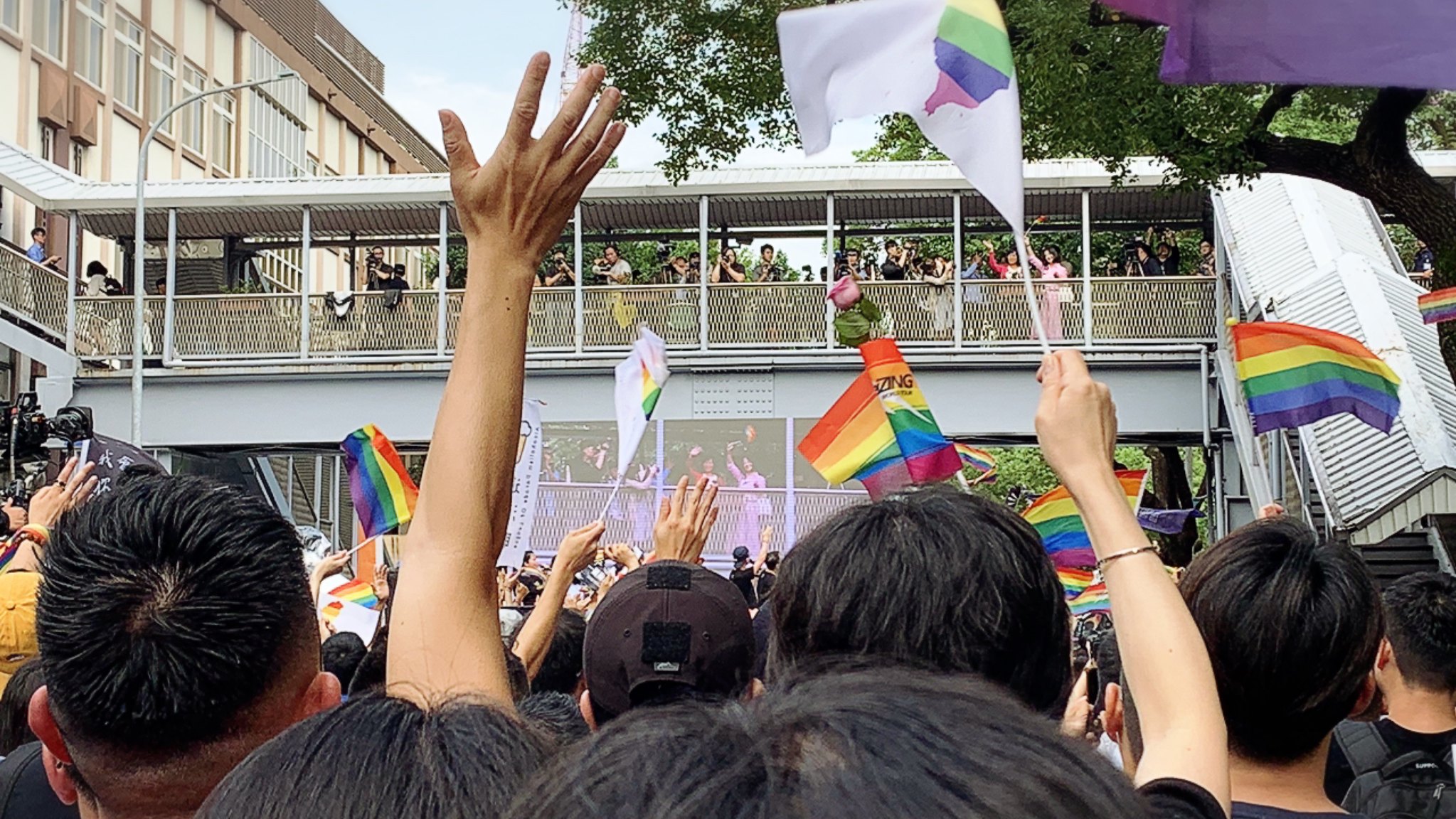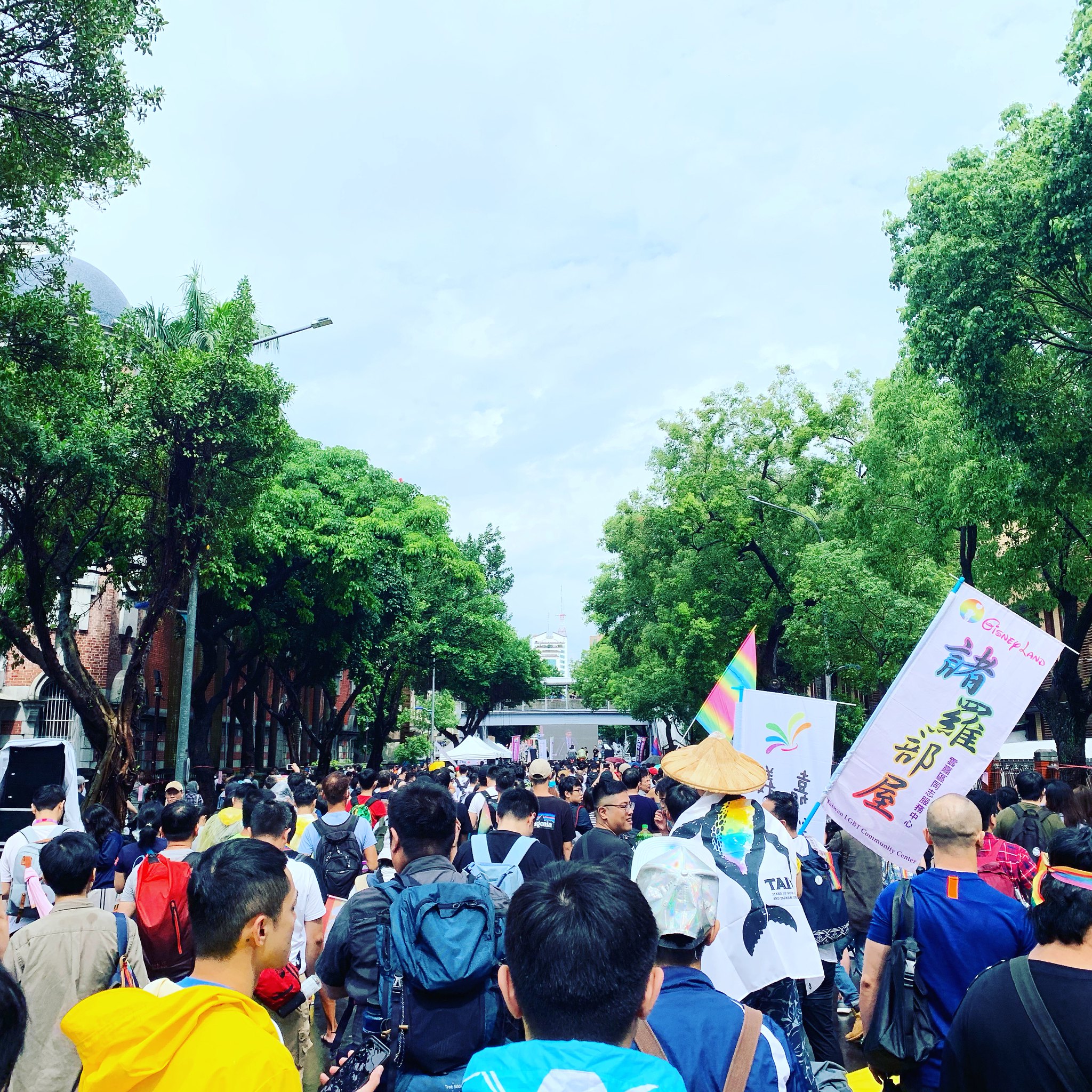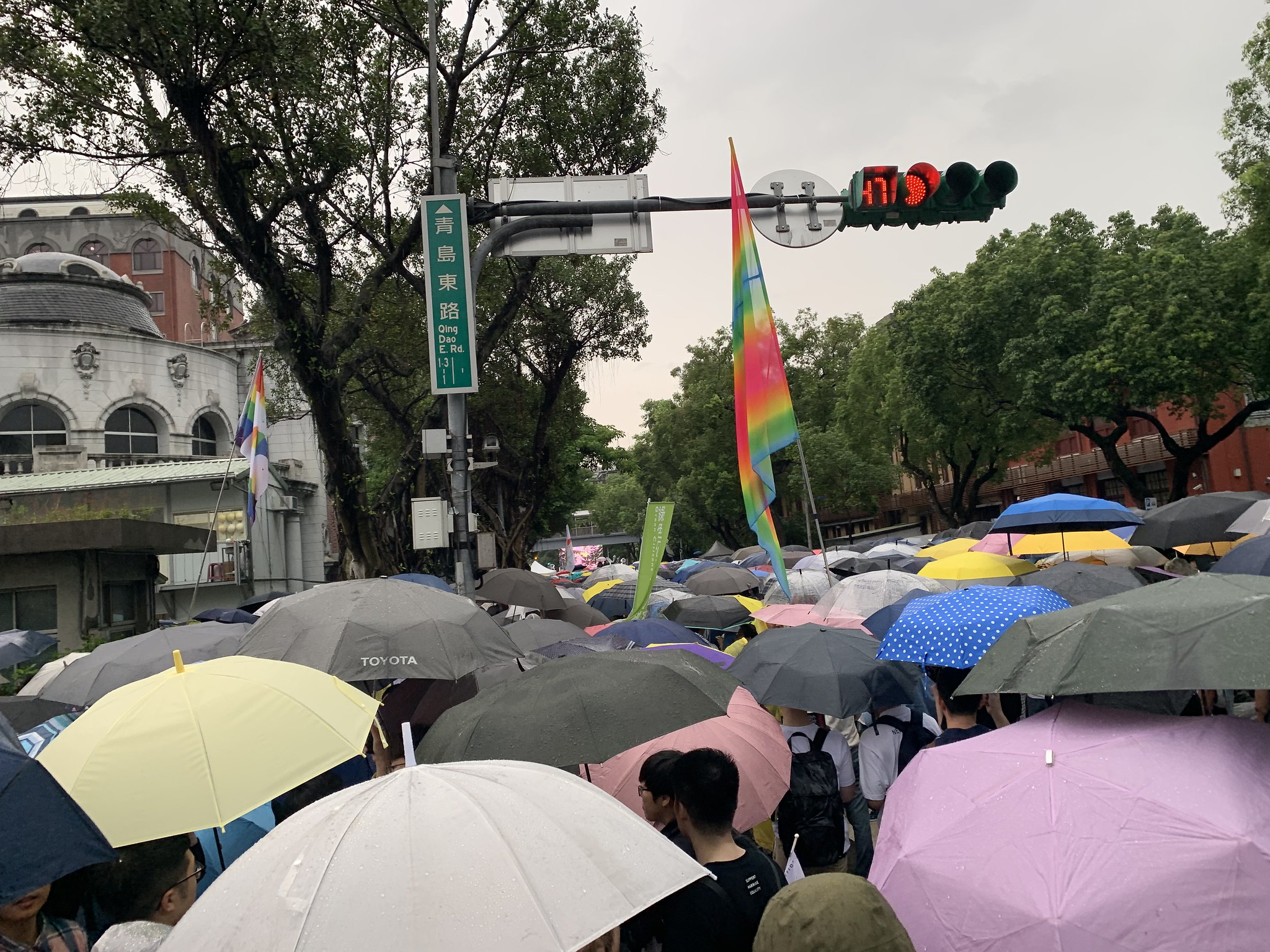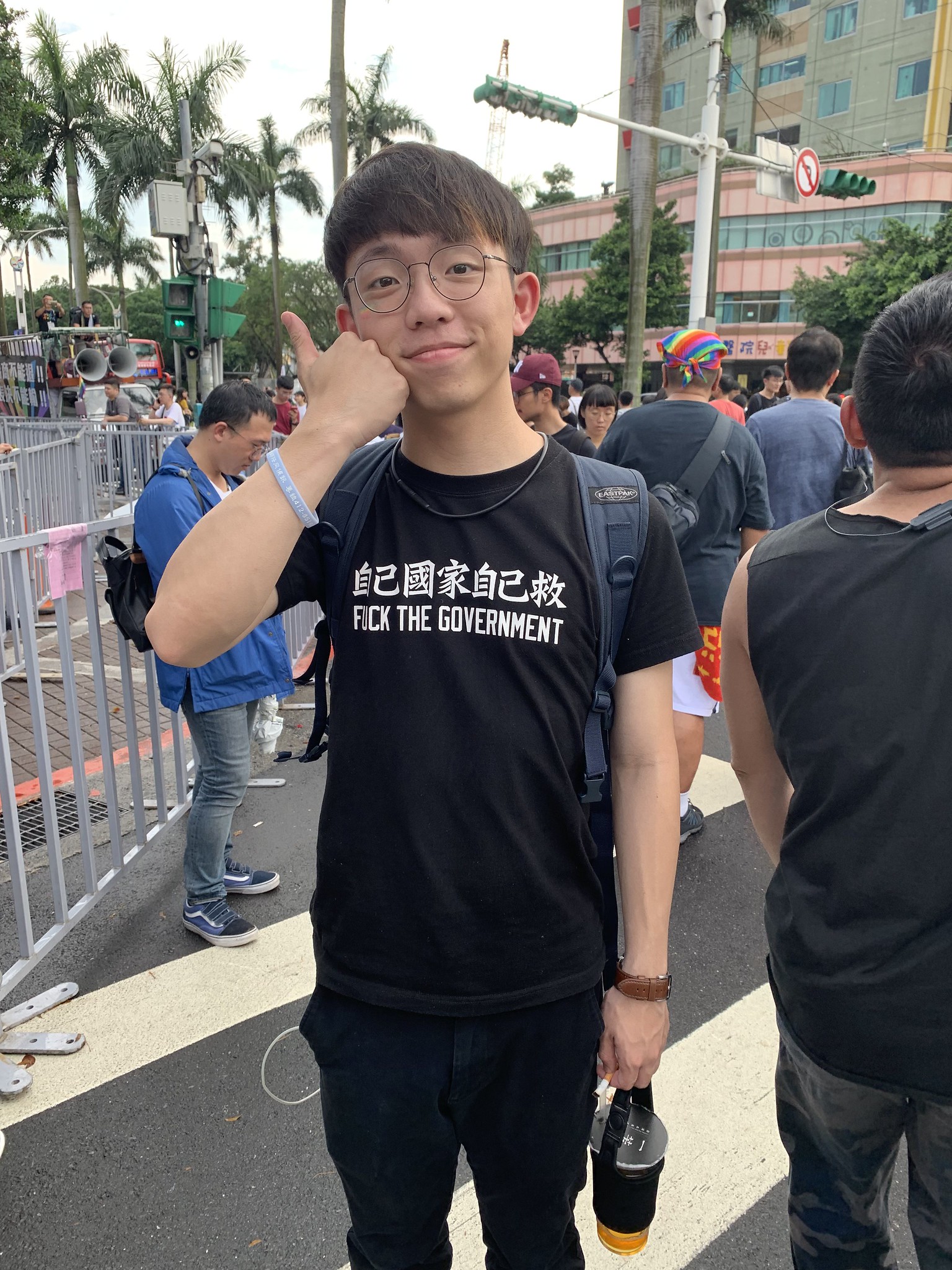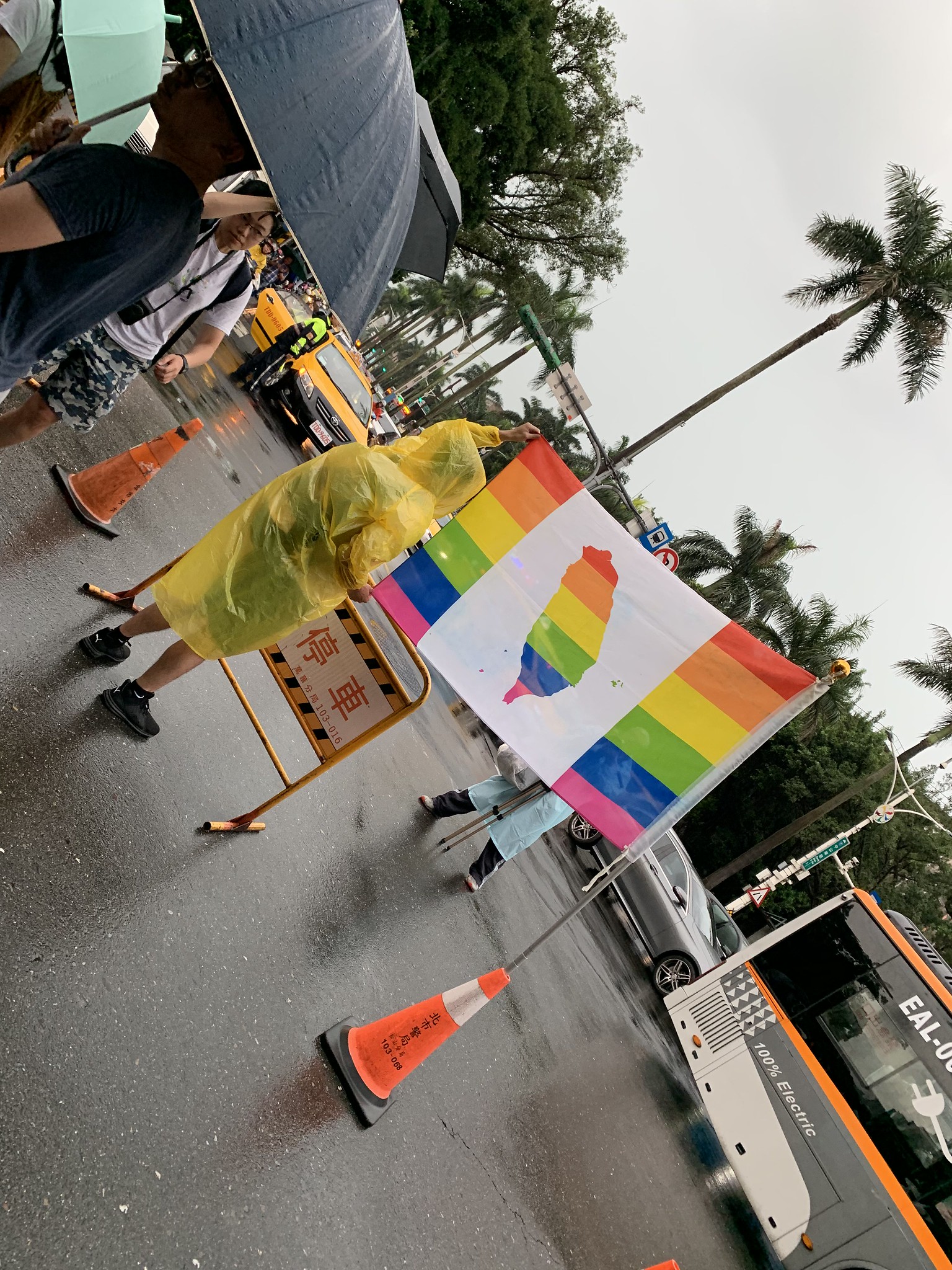He also pointed out that the internal inconsistency or chaos within the NPP on whether or not the party should support Tsai Ing-wen for re-election in 2020 has made it impossible for him to do what he thinks is right - that each candidate needs to stand clearly against the KMT, especially given the threats posed by the upcoming election. In questions after his announcement, he said he did not intend to join the DPP, nor did he intend to join Ko Wen-je's newly-formed party, but that he had been in touch with the DPP.
While the news was surprising, I couldn't really say I was shocked. The past few days have been a constant stream of news about the NPP's internal disagreements, so I suppose it shouldn't be such a shock. There have been rumors of the NPP supporting Ko Wen-je (unlikely for reasons I'll outline below, and I think chairperson Handy Chiu, who really needs to change his English name, also said today that they do not, but I was unable to watch the statement he gave shortly after Lim's announcement).
This @watchoutTW timeline says it all! pic.twitter.com/AjldkYTo72
— Pierre-Yves Baubry (@pybaubry) August 1, 2019
There has been discussion of whether supporting Tsai for re-election in 2020 would make the NPP a "little green" - basically a follower party of the DPP rather than its own entity with its own platform. NPP spokesperson (at least I think he still has that job?) Wu Cheng, who ran for city council in 2018 and lost, published an extremely long essay on Facebook outlining this internal disagreement, and I now regret that I never finished reading it. A few key points I did glean were that it's true the NPP has no consensus whatsoever on whether or not to support Tsai, that ideas like "little green" don't mean much when the question is whether the party is passively or actively building its platform and ideological grounding, and that while it may seem to some that Huang Kuo-chang (NPP legislator and former chairperson) was dominating the party with his views, that from Wu's perspective, the issue was the NPP's lack of a clear set of platforms independent of - rather than in opposition to - Huang's own ideas.
If you're wondering who's on team Little Green and who isn't - Huang has been clear that he'll leave if the party becomes too "green" (though I don't think supporting the current president simply because she's green should count as "too green", Huang gonna Huang), Hung Tzu-yung says she'll quit the party if they don't settle the issue and has expressed support for Tsai, and Hsu Yung-ming is pushing for the NPP to field a presidential candidate, which is a terrible idea so we'll just call him Terrible Idea Man.
So, again, is it any shock that such internal disarray would push out a no-bullshit kinda guy like Freddy? While he's got smooth PR and great showmanship, the beliefs beneath the veneer are indeed sincere. If he's got a clear idea of what needs to be done to stand for what is right, then he's not playing around or trying to get attention. He would only do something like this if he truly believed the NPP's internal "chaos" - my translation of his phrasing - was actively detrimental to doing the right thing.
Remember, not that long ago the loudest people in the NPP (and their assorted allies) were decrying Freddy's defense of Ko Wen-je. That defense was not well-articulated, but the purpose was clear: Freddy believed that as a legislator representing an urban district in Taipei, where Ko is the mayor, would be wise to get along well with that mayor, even if you don't think he should go on to become president.
He didn't leave the NPP then despite that criticism, so to leave now means that he must mean business. The problem is real, the internal dispute is actively harmful, things fall apart and the center cannot hold.
What's interesting to me is that leaving the NPP - essentially creating a new fracture - is Freddy's way of aiming for greater solidarity. He further said that all smaller parties should compete in all districts in order to resist the KMT.
It doesn't make sense on the surface: wouldn't you stick with your people even if they can't form an internal consensus, if you thought uniting against the KMT was important? Wouldn't you want those parties to work together to figure out who can win in a given district rather than split the progressive vote in contentious districts?
But it makes a certain kind of sense, or has a certain abstract logic to it. The NPP, in navigating that internal disagreement, was creating room for more division among progressives who are for or against Tsai (mostly because they think she's not progressive enough, despite enacting transitional justice, raising the minimum wage, making strides in renewable energy and spending political capital to make same-sex marriage a reality - but apparently that's not good enough). By leaving, Freddy is sending a clear message: quit it. We all need to stand together against the KMT, so if you're going to argue that we should not stand with Tsai, that's not a useful way to look at the bigger picture right now and I'm not going to give it my tacit approval.
That view can stand alongside the belief that elections beyond the 2020 presidential campaign should draw participation from a number of parties. It's not necessarily logically inconsistent. It's another way of saying "we need to unite behind Tsai for president, but that doesn't mean we have to be 'little greens'."
In effect, he's calling out the notion hinted at by people like Huang and Hsu that supporting Tsai is (or may be) a move towards becoming, or remaining, 'little greens' rather than growing their own platform and base and acting as a party that holds the DPP accountable, as they'd always intended.
After all, becoming a party that's simply a small, more progressive flank of greens may be one way to slide into irrelevancy. But then breaking from the DPP too harshly is also a fine way to turn into a fringe/radical party, which is just another kind of irrelevance.
Some might be asking if this is the end of non-DPP progressivism in Taiwan - if we're back to the same old two-party shenanigans with various splinter parties who support one side or the other.
I don't know. For now, perhaps. But honestly, the true progressives need to do what Freddy has done here (and what I think Lin Fei-fan did by going to the DPP rather than the NPP). They need to realize firstly that not that many Taiwanese are as progressive as they are and their ideas are not shared by a majority of the population. That means more needs to be done to win over society. It means teaming up with the center, even if the center is slow to act. Doing so doesn't mean you have to support the center indefinitely.
Or, as a very smart friend of mine once said, activists have to realize that change won't happen just because they march, protest, strike, write and occupy. Change happens because they do those things, bring their ideas to the rest of society and show the establishment that their causes enjoy some popularity and can be winning issues. Activism needs friends in the establishment to get things done, and the more progressive members of the Establishment need the activists to get society to care about those issues. In Taiwan, the activists need Tsai, and Tsai needs the activists.
Secondly, they - Taiwanese progressives - need to realize that while their issues do matter, that the China issue is particularly critical right now. Han Kuo-yu - an obvious unificationist - is the KMT nominee and seems to be good at lobotomizing people in a very Trumpian way. The KMT has gone from "well we support the 92 Consensus but not unification!" and Ma Ying-jeou's "no independence, no unification..." to "we support a peace treaty with China" (!!!) China can't be put on the back burner as something that's not a direct and immediate threat, because it it has very much become one.
I have more to say and links to add but I've also got work to do and just want to get this published. Other questions include - will Hung Tzu-yung jump ship too? (Probably not). Does Huang Kuo-chang want to be Taipei mayor and eventually president? (Everyone knows he does). Will he work with Ko Wen-je to that end? (I think it's unlikely). Will anyone else jump ship from the NPP? (Maybe not immediately, not sure. Does Ko's new party matter? (I don't even want to think about that right now.) Will the left be able to unite to get through 2020? (No idea, but Freddy is right in saying that it must happen.)
Enjoy the rush job, come back for linked sources later if you're feelin' it.


